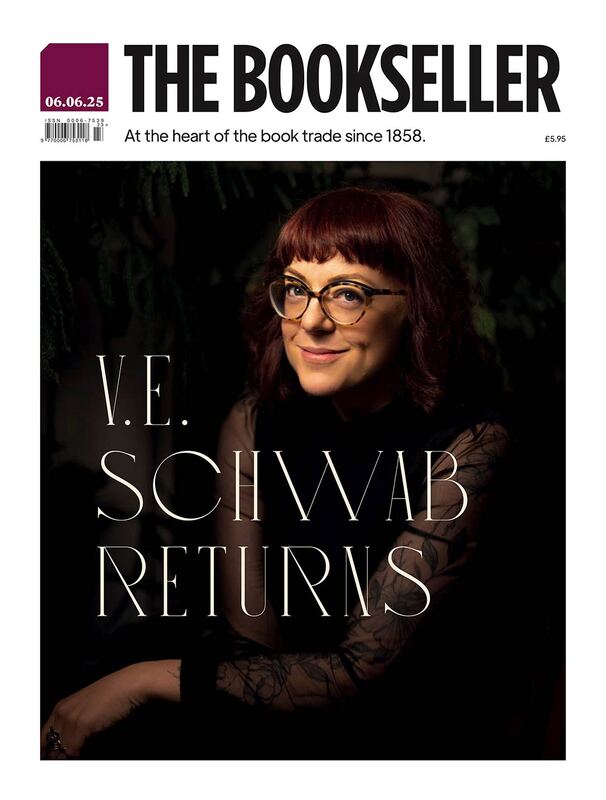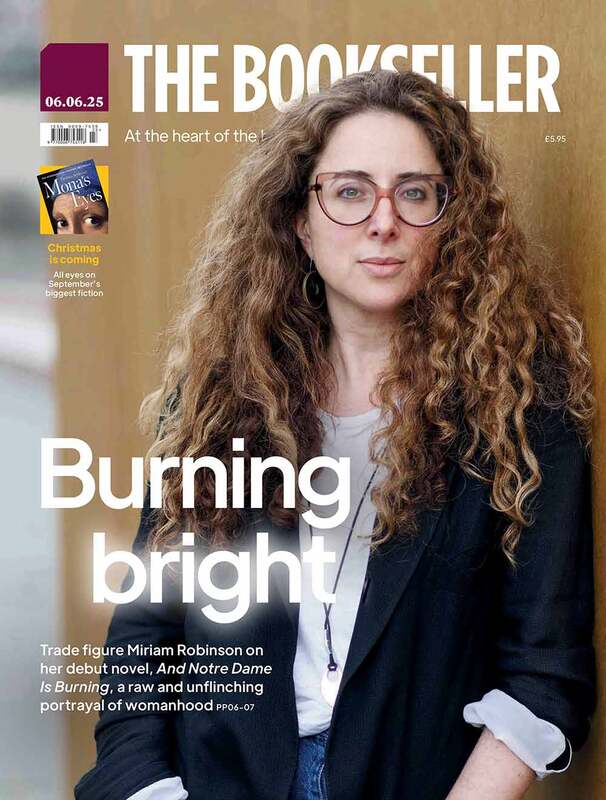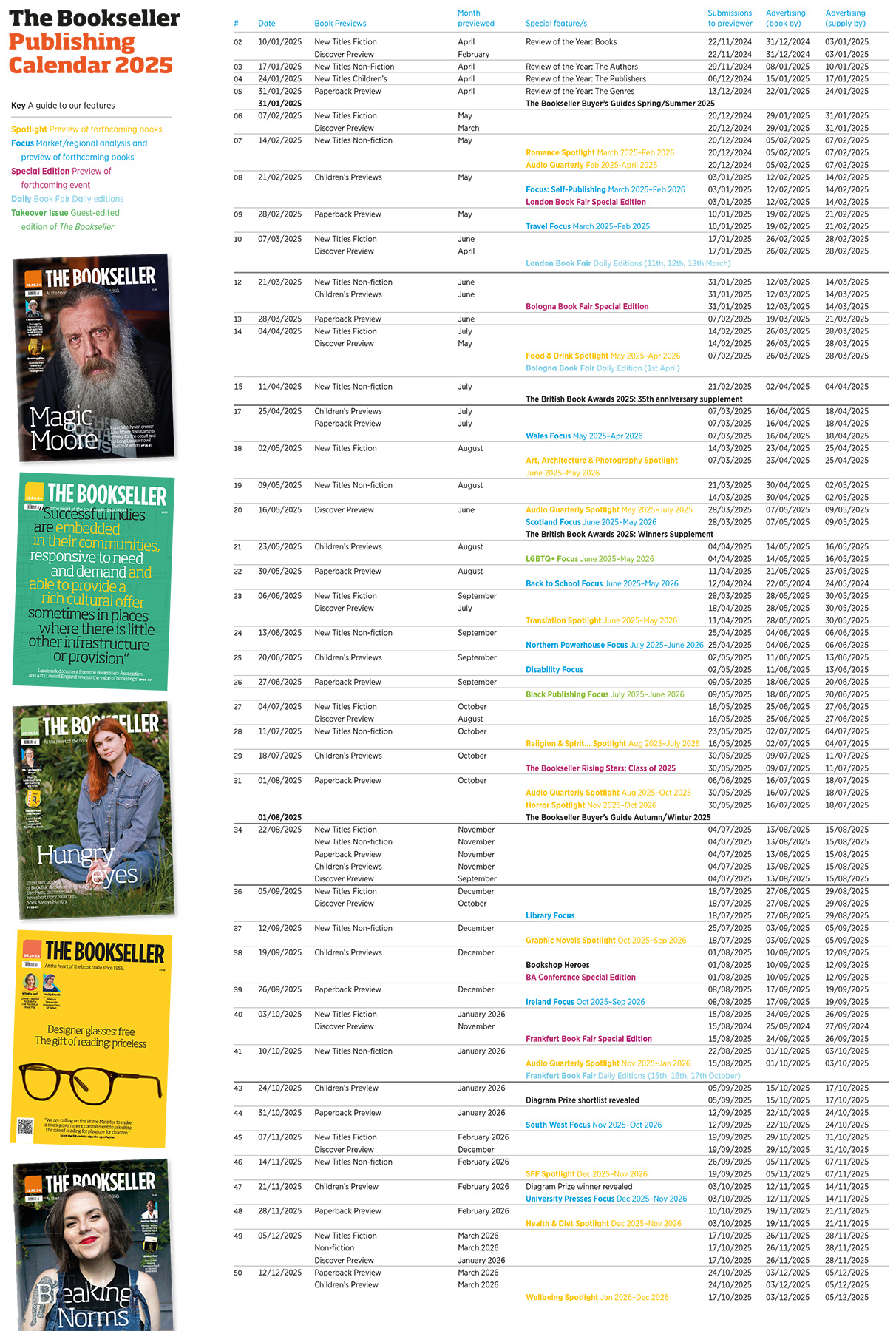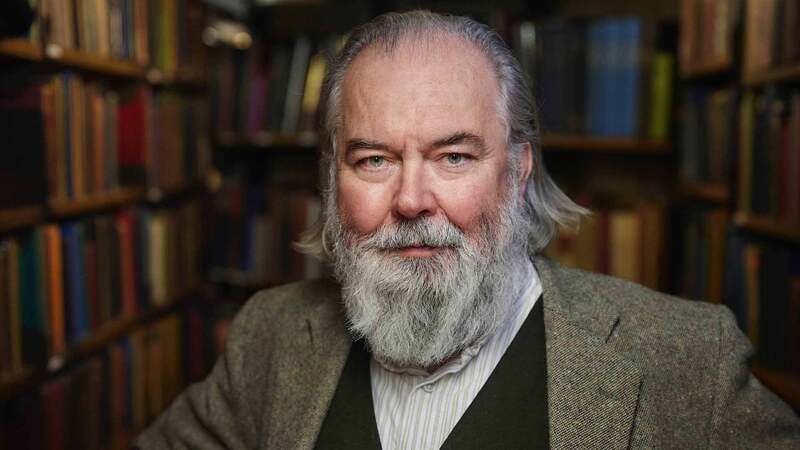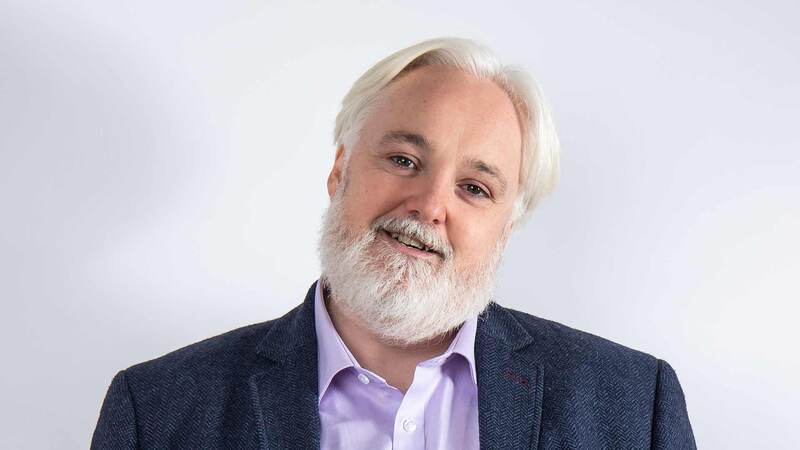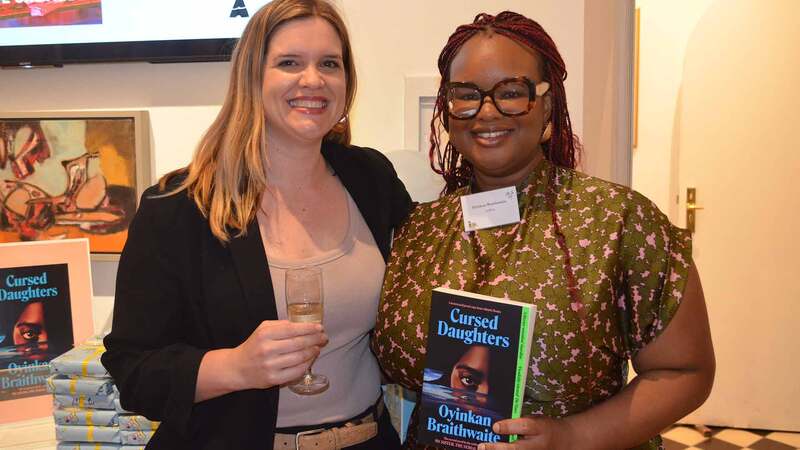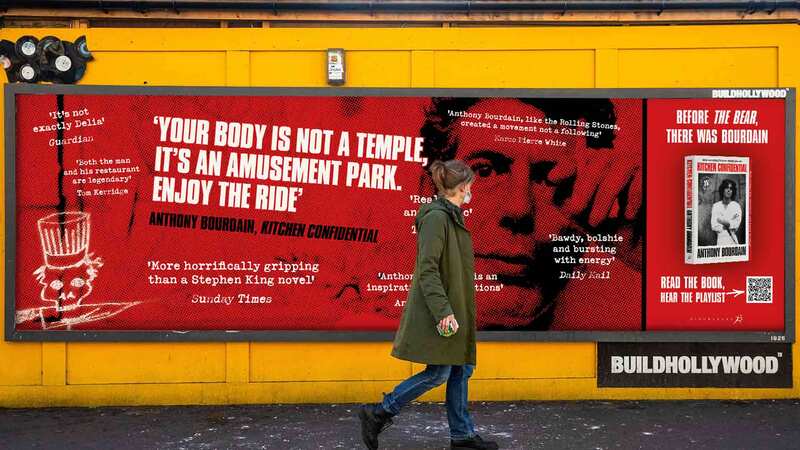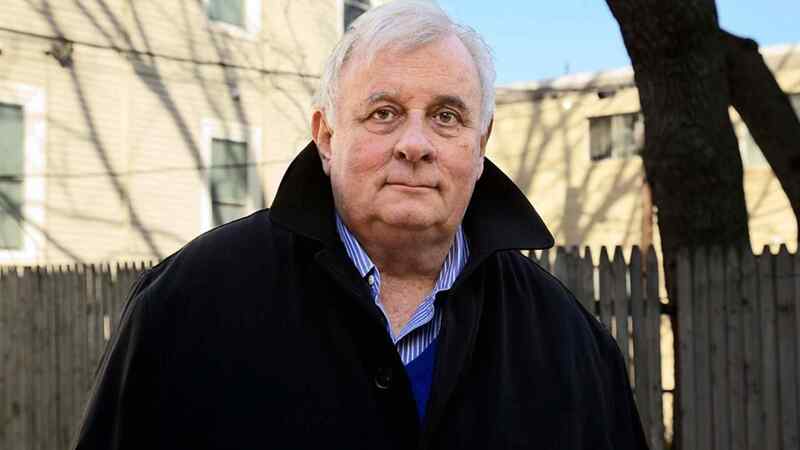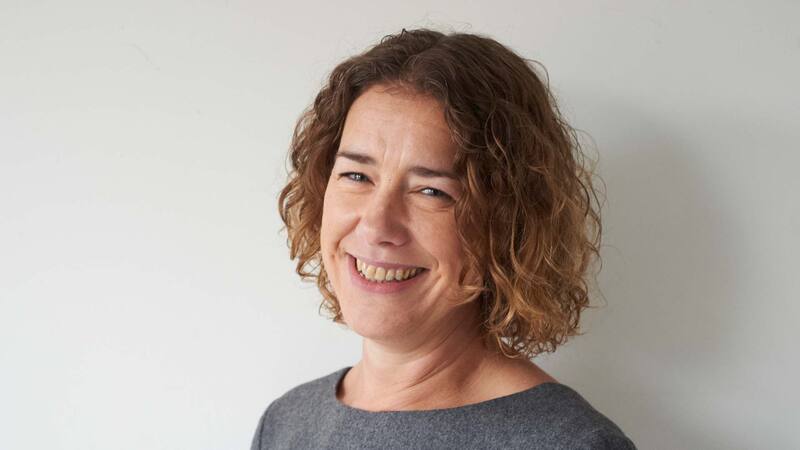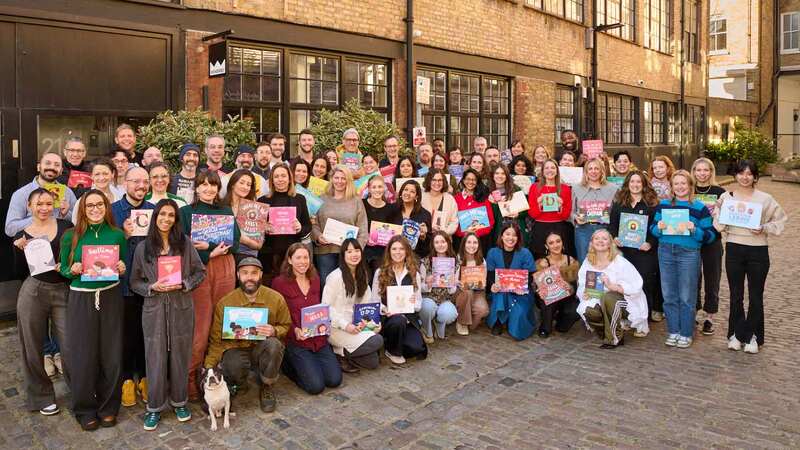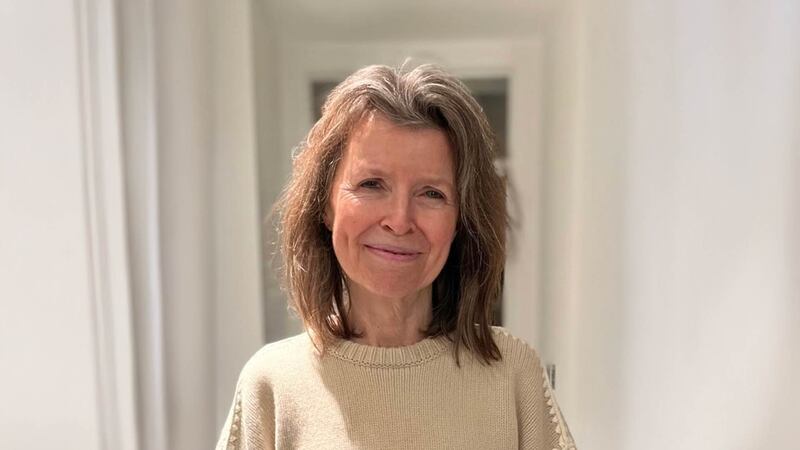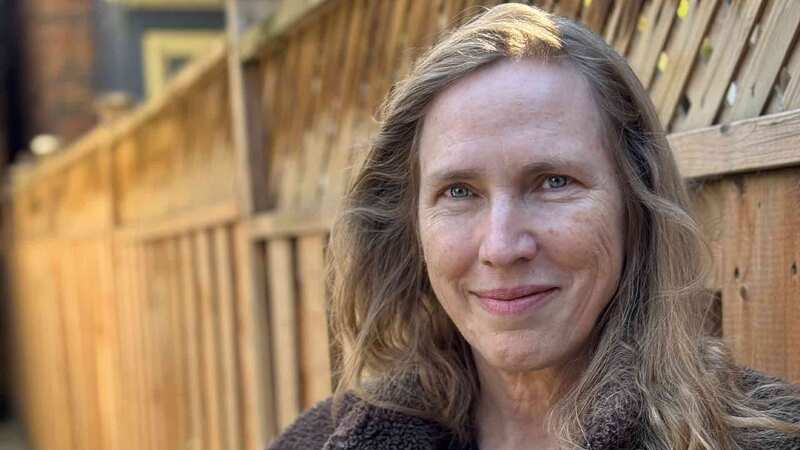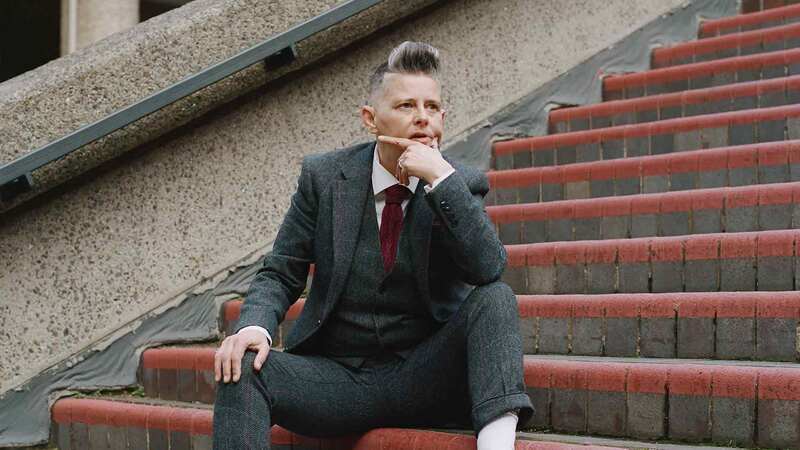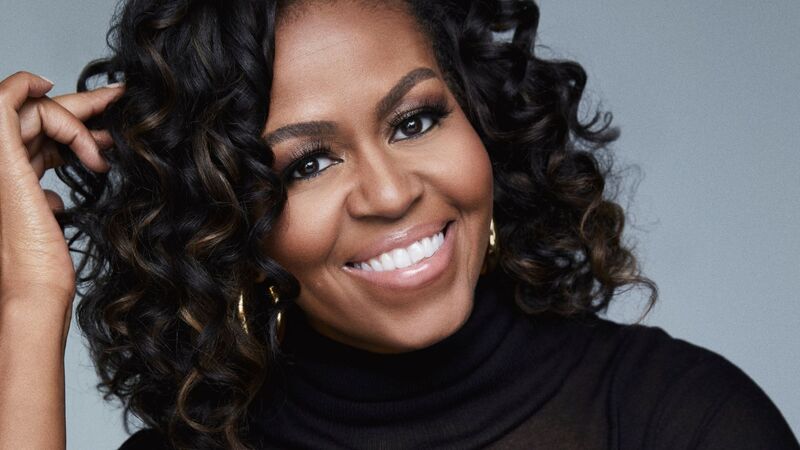Books in the Media: Natasha Brown's social satire hits a winning note
This week, medicine dominated non-fiction reviews, while novels explored wealth and class in England and the complications of love.
Natasha Brown’s Universality (Faber) “confirms her fascination with English country houses as symbols of wealth, class and power”, wrote Johanna Thomas-Corr at the Sunday Times. “This short political satire opens in a Yorkshire farmhouse, owned by an unscrupulous banker landlord, and ends at a wood-panelled stately home that is hosting a cultural festival attended by politicians, chief executives and journalists, an event that ‘moved the national conversation’.” For Thomas-Corr, Brown succeeds in “conveying how everyone has become a tool of capitalism, complicit in their own exploitation”. The Bookseller’s Alice O’Keeffe described the novel as a “pin-sharp, savagely funny tale of class, wealth and manipulation”.
Neurology consultant Suzanne O’Sullivan’s The Age of Diagnosis: Sickness, Health and Why Medicine Has Gone Too Far (Hodder & Stoughton) was selected as the Observer book of the week by Mark Honigsbaum. O’Sullivan’s book examines how diagnosis can lead “to greater understanding and improved treatments” but also risks “medicalising people without long-term benefits to their health”. Honigsbaum writes: “Her principal concern is that we have become so enamoured of the latest technologies and cutting-edge diagnoses that we haven’t taken time to properly weigh the potential harms.” Hannah Barnes at the New Statesman called The Age of Diagnosis “exceptional”. The review continued: “Chapter by brilliant chapter, it raises fundamental questions we should all be asking ourselves when thinking about illness, be it cancer or genetic disorders, never shying away from difficult truths, even when such truths are likely to upset people.”
Alive: An Alternative Anatomy (Jonathan Cape), the medical memoir by NHS surgeon Gabriel Weston, “interleaves the story of her and her children’s health with some lyrical lessons in anatomy from her time as a doctor and presenter of health documentaries on the BBC”, explained Helen Rumbelow at the Times. “I remain a Weston fan. I would pay an OnlyFans account to watch her unclothe a body with her scalpel and have each part immortalised in her metaphorical formaldehyde.” Writing for the Spectator, Leyla Sanai called Weston an “extraordinary writer” and hailed Alive as a “powerful read”.
Holly Brickley’s debut novel Deep Cuts (Borough Press) “mines that specific ‘right person, wrong time, wrong place’ dynamic that makes fans of One Day swoon”, noted Siobhan Murphy at the Times. The meeting of aspiring singer-songwriter Joe and music enthusiast Percy “begins a push-pull almost-relationship that spans the years as Percy and Joe stumble through their 20s with a bucketload of jealousies, resentments, mistimings, Sally Rooney-esque angst and Nick Hornby-like musical nerdery”. Murphy found that Brickley “nails those tumultuous emotions”. The Bookseller’s Lauren Brown wrote: “The novel is suffused with this joy and a sense of unpretentious fun.”

